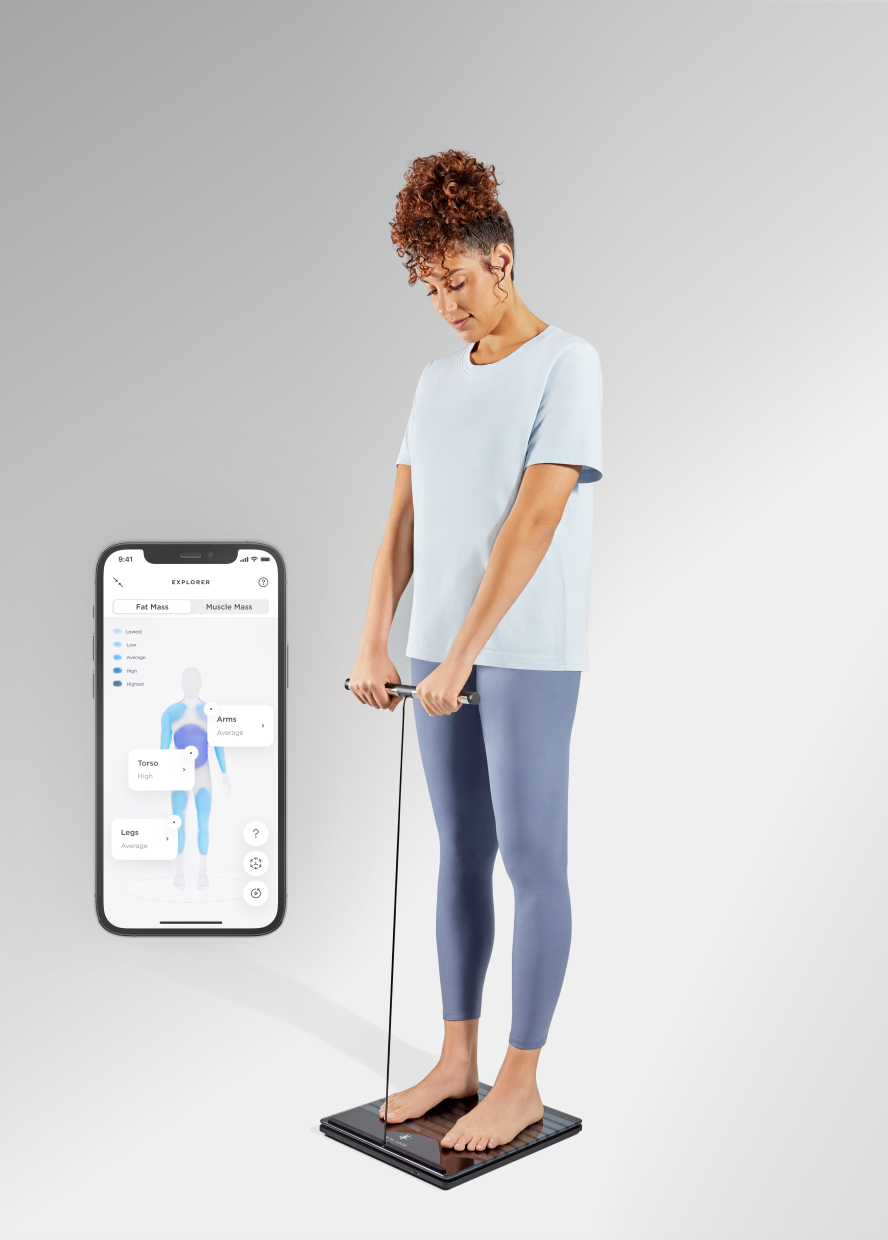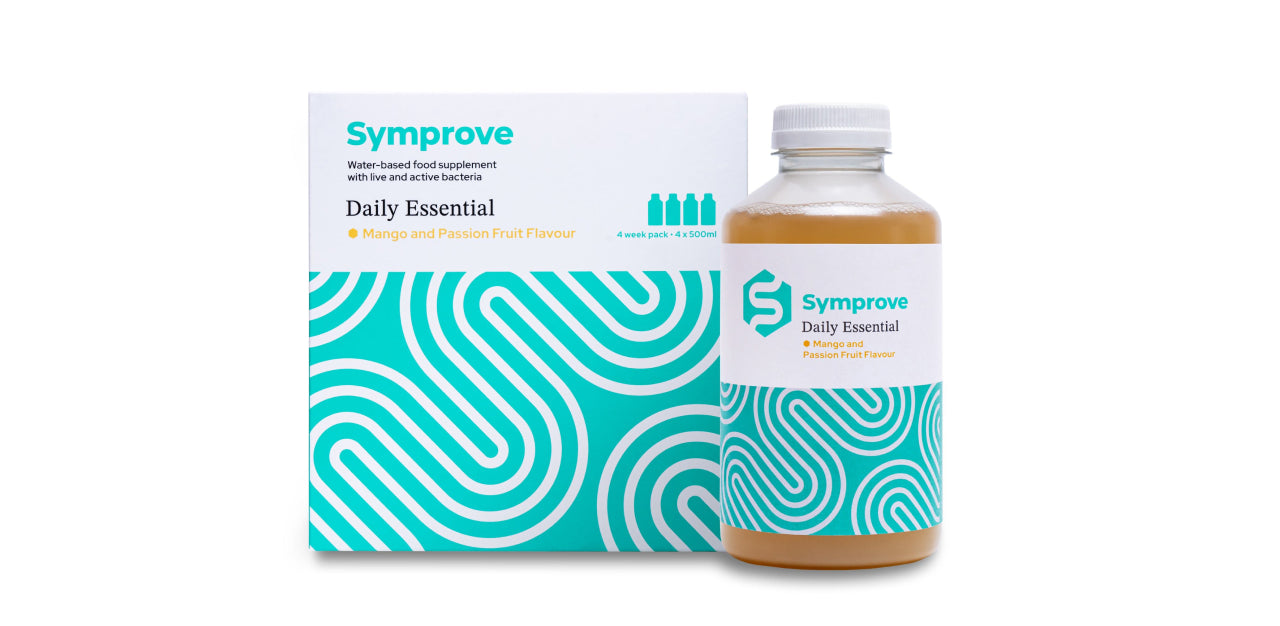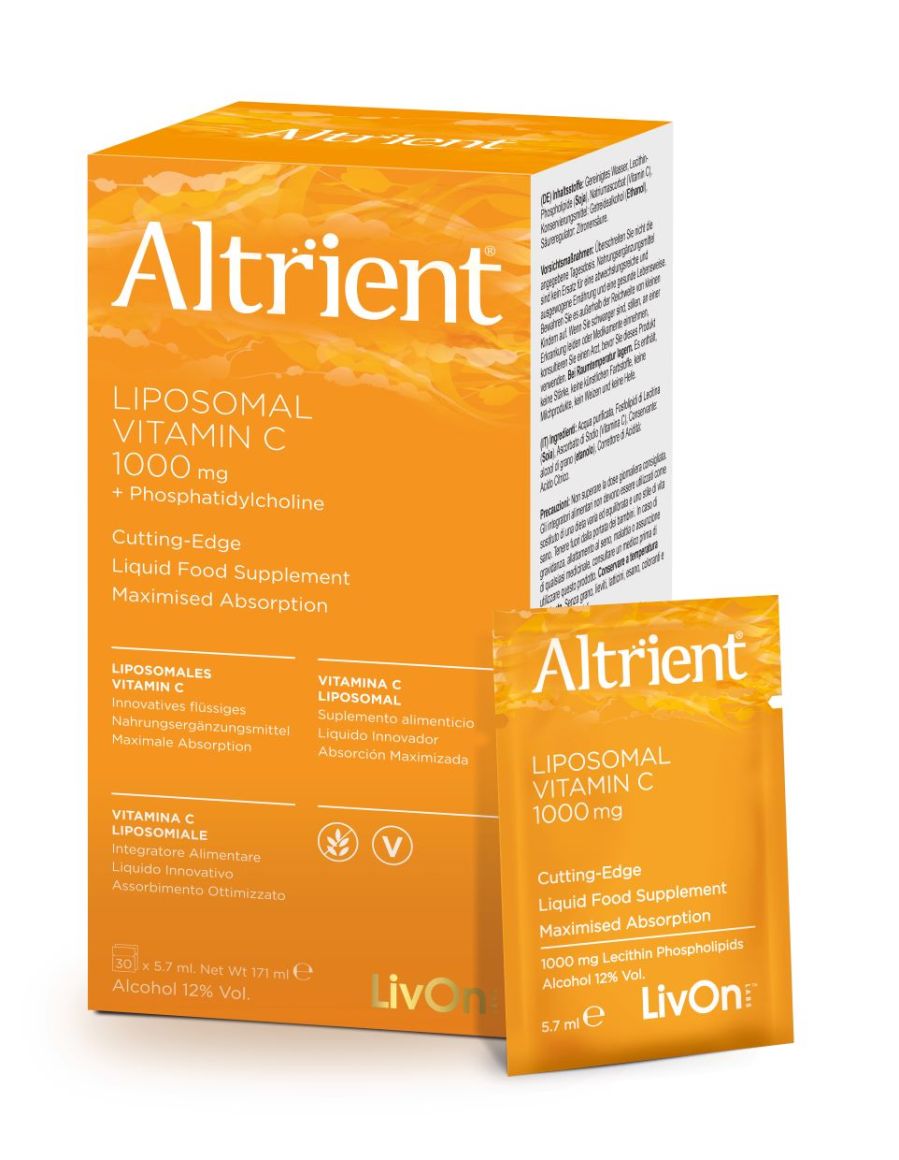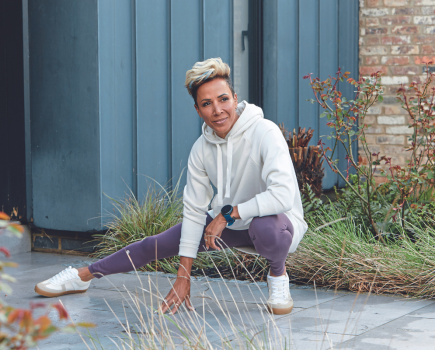
Weight loss columnist Alice Dogruyol explains how losing weight could help you live longer
Weight-loss columnist Alice Dogruyol looks into the connection between weight loss and longevity and investigates some of the best tools, technology and treatments that claim to help you lose weight and live longer.
Living with type 1 diabetes threatens my life every day and has the potential to shorten my life if I don’t manage it 24/7. On top of that, having a younger sister who is in the process of recovering from chemotherapy and surgery has made me obsessed with longevity, nutrition, conventional and alternative medicine and health technology. I spend hours a day researching ways in which I might be able to help extend both mine and my family’s life. The advice is endless and at times confusing and contradictory, but I have made some interesting discoveries.
Discover how walking can aid weight loss
Longevity and obesity
Of course, our diets can alter our lifespan. If you don’t have access to food, the likelihood of a premature death from malnutrition increases. Conversely, if you consume too much food and become overweight you are more likely to suffer from several diseases.
According to Cancer Research UK being overweight is the second biggest cause of cancer in the UK after smoking. It doesn’t mean that you’ll definitely develop cancer but the risk is higher the more overweight you are and the longer you are overweight.
When it comes to heart disease, a study carried out by Northwestern Medicine published in 2018 showed similar longevity between normal weight and overweight people, but a higher risk for those who are overweight of developing cardiovascular disease at a younger age. The case for dropping as much excess weight as you can to live longer is strong.
Disease roulette
Despite being overweight, I have type 1 diabetes, which, ironically, is not associated with having a high BMI, an unhealthy diet, or poor nutrition. It’s a rare autoimmune disease that can trigger at any point in your life, possibly activated by a virus.
I have had about 10 girlfriends over the past 10 years, all under 50, who have had a breast cancer diagnosis and none of them were overweight; on the contrary they were all slim and extremely fit. My younger sister also falls into this category as a slim, active, non-smoker who doesn’t drink much alcohol and yet was given a diagnosis of advanced bowel cancer at age 43. I also know slim and active people who have received a diagnosis of heart disease and even type 2 diabetes!
When I was diagnosed with type 1, I was the slimmest I had been in decades, but I was literally dying, silently. The lesson here is you can’t automatically presume a slim person is healthy or an overweight person is unhealthy, but all the data points to obesity being a ticking time bomb for your wellbeing.
Gut bacteria and bowel cancer
According to Cancer Research UK, whilst there is an upward trend in cancer diagnoses in young adults, early onset cancers are still relatively uncommon. A team of researchers led by Dr Shuji Ogino and Dr Tomotaka Ugai from Harvard University, reviewed and compared data from around the world to help doctors and scientists understand what’s going on.
Ogino and Ugai are molecular pathological epidemiologists, which means they look at how changes to factors such as our lifestyles and environment can affect the way diseases evolve and progress. Dr Ogino has focused particular attention on the gut microbiome, which is the community of bacteria that lives in our digestive system. He is part of the Optimisticc research team trying to pinpoint how the microbiome impacts the initiation and development of bowel cancer.
The study of gut bacteria is an evolving scientific field and current research suggests an unbalanced microbiome has potential connections to many health conditions including obesity, metabolic disorders, inflammation, cancer, and depression. The composition of the microbiome is partly shaped by the foods consumed, but is affected by many things, including antibiotics. According to the National Library of Medicine, human and animal studies have shown that moderate-weight people have different gut bacteria than overweight or obese people. The debate on the significance of the correlation between gut microbiota imbalance and obesity is one of the hottest topics in medicine.
Alice’s 5 tips to help you stay well, lose weight and live longer:

1. Use smart scales
In 2017, when my blood sugar problems started, I knew I needed to take control of my health. I invested in a Withings Smart Scales and Smart Watch. Since then, Withings has come out with a revolutionary new Body Scan Scales (£399, withings.com). It may seem expensive, but it is worth every penny and could be the most important device you ever buy for your home. It goes way beyond anything else on the market and helps you better understand your health – it keeps track of any changes in your body and alerts you early to any potential health problems.
The Body Scan is a medical grade piece of equipment; it tells you your precise weight, giving you a detailed body composition analysis including fat mass and distribution, BMI, visceral fat, muscle mass, bone mass, lean mass and water mass. It can tell you your vascular age, pulse wave velocity, which can indicate whether your arteries are struggling, and an electrocardiogram (ECG), which can help detect problems with your heart rate or rhythm.
Most excitingly for me as a type 1 diabetic, the Scales analyses the nerve health of your feet. For anyone with diabetes, being able to detect peripheral neuropathy early on is extremely important to allow you time to stop it in its tracks. The device has enormous potential to transform health and longevity and it also helps keep me motivated to stick to my weight loss mission. There is nothing more satisfying than seeing the muscle mass percentage increase and the fat mass percentage decrease!

2. Take probiotics
I have had to take more than my fair share of antibiotics over the years and am a big consumer of probiotics, especially Symprove (£49.99, symprove.com). Many years ago, I read a clinical study on Symprove that focused specifically on its effectiveness in treating ulcerative colitis. I suggested that a family member try it who was suffering badly with this condition, as she had given up on anything working. Her flare ups were so bad at times that she couldn’t leave the house as she had to be near a toilet at all times. Much to my delight, in a relatively short amount of time, her condition started to improve.
She took Symprove alongside her prescribed medication and kept on getting better. Fast forward six years and her recent colonoscopy showed no evidence of ulcerative colitis. She is in remission, has stopped taking her prescribed medication and continues to take Symprove every morning 10 minutes before food, without fail.

3. Go for liposomal supplements
I read a book by Dr Thomas Levy called ((itals)) Primal Panacea and it switched me onto the benefits of high-dose vitamin C for longevity, skin, immunity and energy, and as such I began taking Altrient liposomal vitamin C (£49.96, abundanceandhealth.co.uk), which I have been using on and off for the past 10 years.
Altrient uses a unique high-tech liposomal encapsulation gel delivery system for maximised absorption and gets vitamins into your cells where they need to go to have the desired effect. When I had Covid-19 badly in March 2020, I took plenty of Altrient C and also their liposomal Glutathione, along with other supplements including vitamin D3+K2 and I am convinced it all helped me turn a corner. At one point my breathing was worryingly bad and, as a type 1 diabetic, I was at increased risk of having serious problems, but it was all okay in the end.

4. Use infrared saunas
I have been a fan of infrared saunas for years. The way they heat the body is different to a regular sauna – from the inside instead of heating the air around you, which makes them much more comfortable to use. When I have used them regularly, I notice an improvement in my joints, skin and energy and I feel it helps me de-stress and lose weight. My nearest infrared sauna is at Remedi London (£50 a 45-minute session remedilondon.com). The sweating usually starts quickly, and it feels great to know I could be eliminating environmental toxins that have been stored up in fat tissue.
Unlike other infrared saunas, Remedi London uses a top-of-the-range Sunlighten sauna, which features a patented 3 in 1 system that delivers the perfect combination of near-, mid- and far-infrared wavelengths for optimal results. Sitting in an infrared sauna has also been described as a passive cardio workout, as the increase in heart rate is similar to a short, moderate workout, so you are burning calories and stimulating circulation by just sitting down in a hot box!

5. Trust your instincts – get checked out
Early diagnosis is extremely important when it comes to any kind of disease. If you want to live for as long as possible, a good place to start would be to get checked when you are supposed to. Check your boobs for lumps and keep a close eye on changes in bowel movements. Never miss a cervical smear test, mammogram, mole check or colonoscopy.
If you are worried about any symptoms, it doesn’t matter how mild, go to your GP and push for answers. Do not let anyone fob you off if your instinct is telling you that something isn’t right. I had to push hard for a type 1 diabetes diagnosis as my GP was convinced I was type 2. Trust your instincts and don’t be afraid to request further tests.
Discover the link between weight loss and sleep







